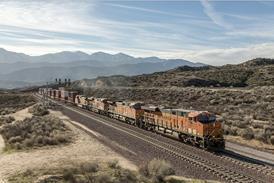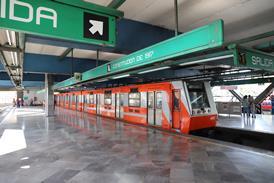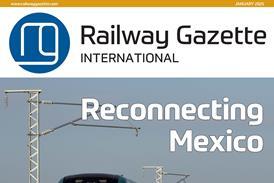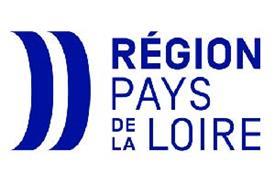FRENCH National Railways’ policy to go for passenger volume in 1998 was probably correct. Wooing back inter-city passengers by a combination of simpler, more attractive fares and more regular-interval services has paid off, with Grandes Lignes revenue up by nearly 10% and the number of journeys 5·3% higher than in 1997. Tonne-km remained stable at 52·7 billion, as did freight turnover at Fr12·5bn.
A favourable economy helped lift last year’s performance, but the figures would have looked rather better had it not been for a series of industrial disputes that cost the business around Fr400m. This year has been marred by a long-running row between management and staff over the application of the law on a 35h week, which SNCF President Louis Gallois estimates has already cost Fr300m. In the first week of May rail services were paralysed by strikes as train crews protested at the deal; at one stage 1000 freight trains were standing idle.
SNCF’s drivers already worked to a 35h week, although the amount of time spent driving is significantly less. At issue were management’s proposals for more flexibility in working hours, seven additional rest periods a year, a 16min longer working day, and the number of extra jobs to be created. The final figure for a net increase in the number of jobs is to be 5500 over three years, although one union had wanted 12500. Inter-union rivalry did nothing to help settle the dispute, which occupied 300h of negotiating time and still has to be agreed by a staff consultation process.
Gallois has said that ’a new social dialogue’ is a priority for the rest of this year. With memories of the bitter dispute of December 1995 still lingering, Gallois badly needs to make a fresh start. But the task is huge - one report suggests that SNCF management receives an average of nearly three strike notices a day. In these circumstances, restoring confidence among disillusioned customers, especially in the freight business, is an unenviable task, for as management and unions haggled over working hours, road hauliers were busy taking back traffic which SNCF’s sales staff had worked hard to win.
Much hangs on the outcome of Gallois’ endeavours this year. If international rail freight is the great success story of the last two or three years (p350), then the effects of strikes in France are being felt much more widely - not least in Britain where Channel Tunnel rail freight has ceased to grow. Repairing the damage will be especially hard where just-in-time traffic is involved. We understand that in Belgium unpublished agreements exist between railway and unions to keep sensitive traffic flows moving. That might help, but in France only deep reform and far-reaching changes to working practices will bring long-term stability.
With a communist transport minister in power, breaking up SNCF is clearly out of bounds. But there have already been isolated calls for the introduction of competition, for example at the debate on the future of regional services (RG 4.99 p200). This would be anathema to the minister, but on his decisions rest the future of large chunks of the rail business, on French soil and beyond. And by the way, if the government is insisting that state-run organisations should rigidly apply the 35h week, then it is only fair that their competitors do so too. No doubt plenty of new jobs would be created were the same rules applied to road haulage.




















